Posted by u/FirstTimeBuyer101:
“I’m exploring a deal where I’d be acquiring all of a company’s operations, clients, and assets—but not the actual legal entity itself. Is that considered an asset purchase or a share purchase? Trying to wrap my head around the implications.”
Answer from the Clearly Acquired Deal Team
Signed by Samson Jagoras, CEO & CIO
Great question—and one that comes up a lot, especially for first-time buyers.
If you're acquiring the business but not the legal entity (i.e., you're not taking over the seller's LLC, corporation, or existing stock structure), you're almost certainly engaging in an asset purchase.
Let’s break it down:
✅ What’s an Asset Purchase?
In an asset purchase, the buyer acquires specific assets and liabilities of the business—typically everything that makes the business run, like:
- Equipment
- Inventory
- Intellectual property
- Customer lists and contracts
- Trade name and goodwill
- Lease assignments
- Operating systems
But not the actual legal shell (the LLC, C-corp, S-corp, etc.).
The buyer usually forms a new entity (or uses an existing one) to purchase those assets. The seller’s legal entity remains behind—and so does any legal history tied to it.
🚩 Why It Matters: Risk, Taxes, and Control
Asset purchases are far more common, especially in small and lower middle-market M&A, for several important reasons:
1. Risk Containment
With an asset purchase, you leave behind the seller’s skeletons—like hidden lawsuits, unknown liabilities, or unpaid taxes. You’re starting fresh with a clean entity.
2. Tax Treatment
Asset sales are often favorable to buyers because they allow for a step-up in basis, enabling accelerated depreciation on the acquired assets.
However, sellers usually prefer stock/share sales for their capital gains treatment, so expect pushback here—especially in larger deals.
3. Negotiation Flexibility
You can pick and choose what you’re buying. Want the equipment but not the old contracts? Done. Want the brand but not the debt? Also doable.
🔁 What About a Share (Stock) Purchase?
In a share or stock purchase, the buyer acquires the seller’s legal entity, including:
- All assets
- All liabilities (known or unknown)
- All legal history
The company keeps operating under the same legal structure, just with new owners.
This approach is more common in:
- Highly regulated industries (where licenses are tied to the entity)
- Businesses with deeply embedded contracts that can’t easily be assigned
- Very clean, well-documented companies with minimal liability concerns
- Simpler tax outcomes for sellers
🧠 How to Decide: A Deal Team View
At Clearly Acquired, we often guide buyers and sellers through this exact choice. Here’s how we think about it:
🏁 Final Thoughts
So to answer your question directly:
If you’re buying the business operations, assets, and goodwill—but not the seller’s legal entity—you’re executing an asset purchase.
This is often the cleaner, safer, and more flexible route for most small business buyers, especially if you're using SBA financing. That said, every deal is different—so your choice should reflect your goals, risk tolerance, and tax position.
If you're not sure how to structure your deal, or you're stuck between asset vs. share purchase, reach out to a qualified M&A attorney and tax advisor—and get support from an experienced deal team.
We’ve helped thousands of buyers through this process, and we’re happy to be a resource as you navigate your next move.
—
Onward,
Samson Jagoras
CEO & Chief Investment Officer
Clearly Acquired
P.S. Want help structuring your deal or accessing financing? Join our platform or check out our Catalyst Fund to co-invest alongside us in Main Street businesses.





%20%20Process%2C%20Valuation%20%26%20Legal%20Checklist.png)

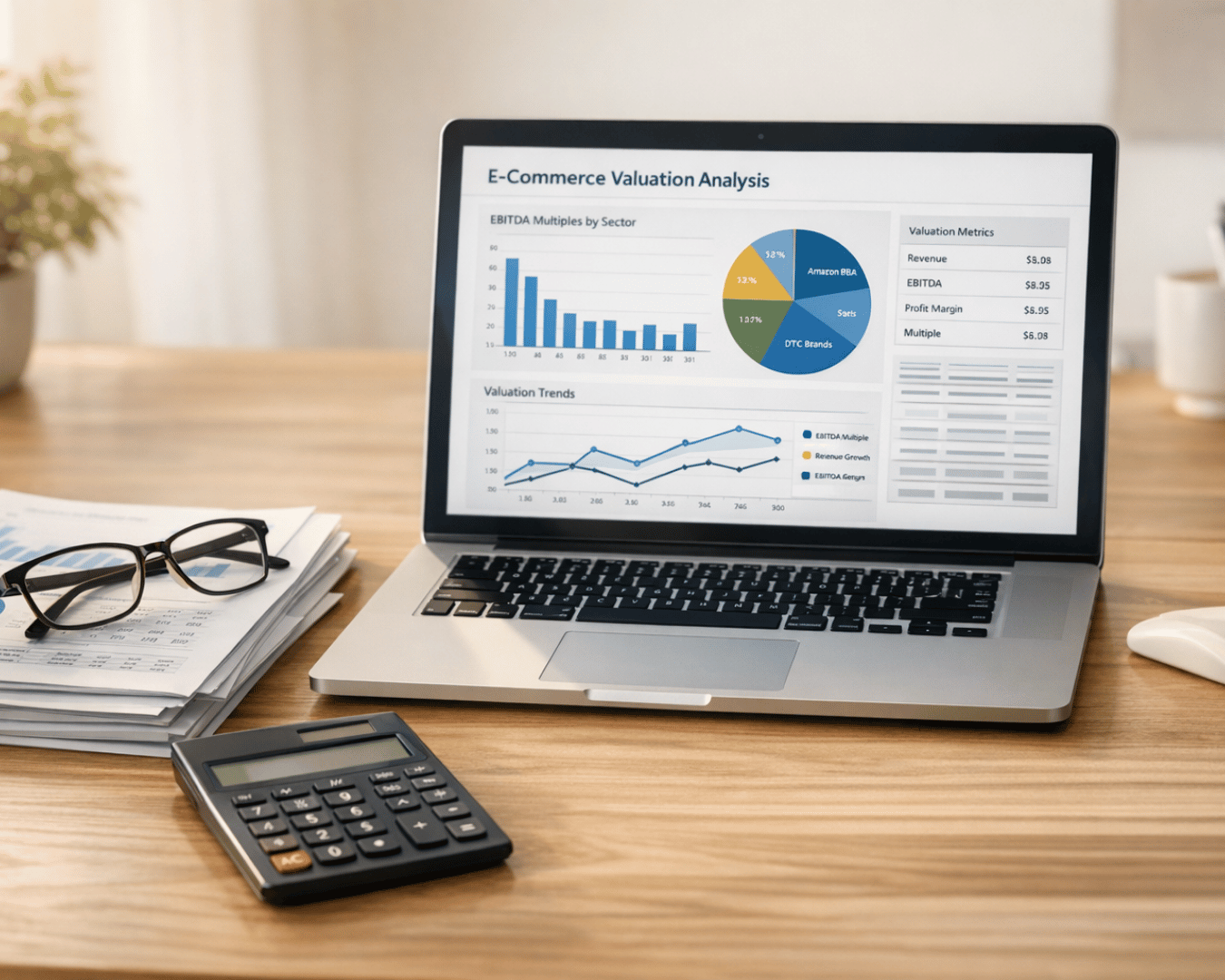

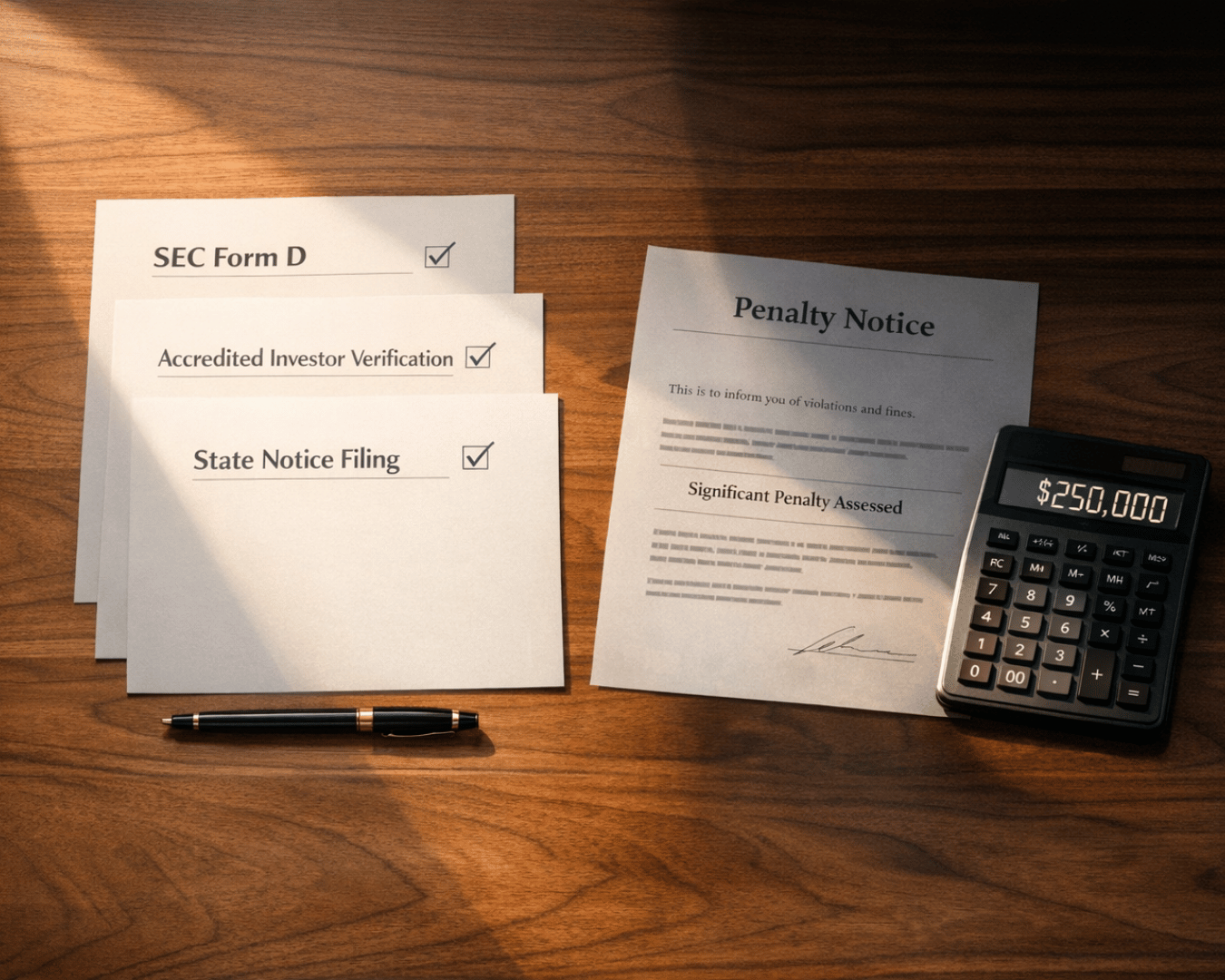
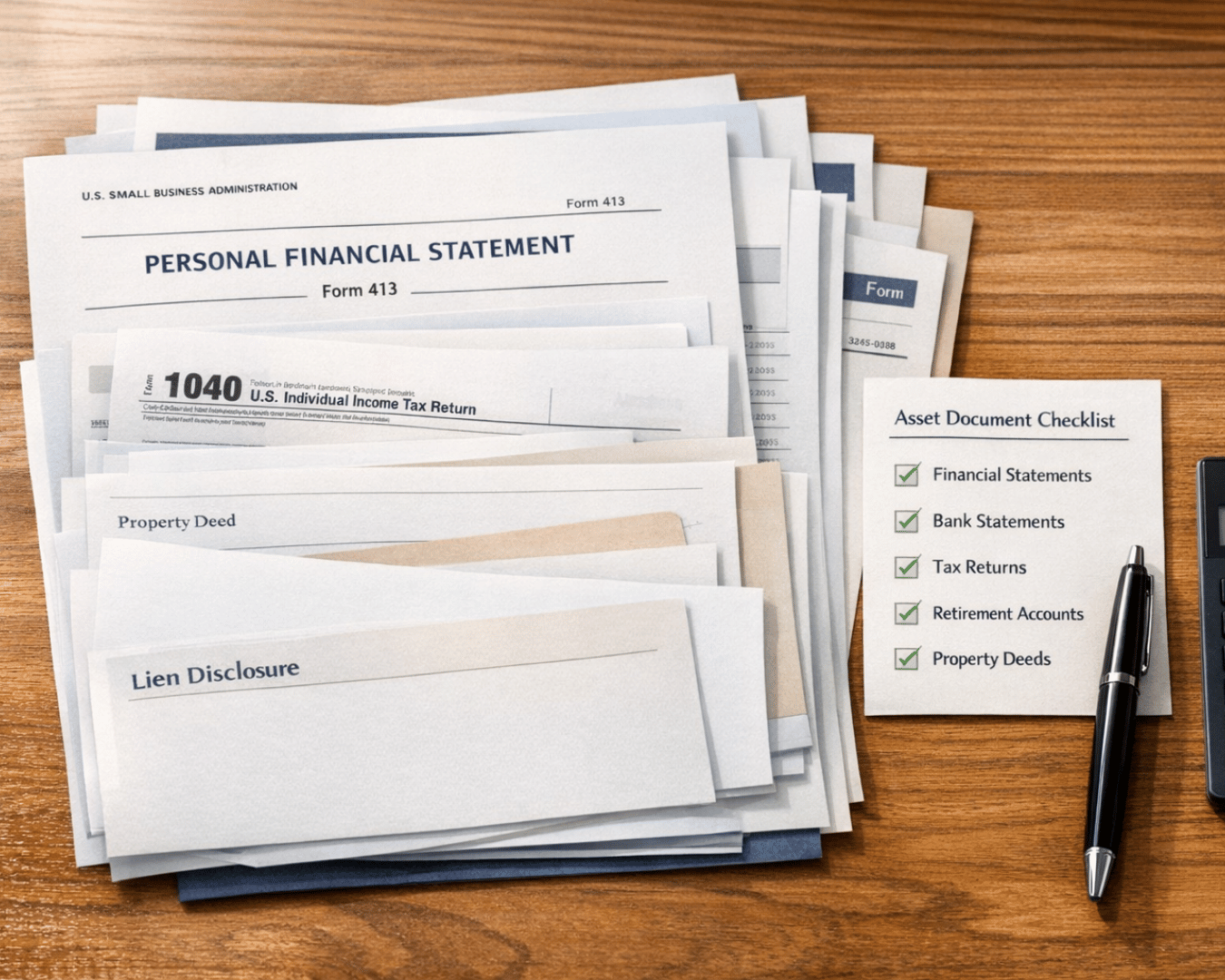






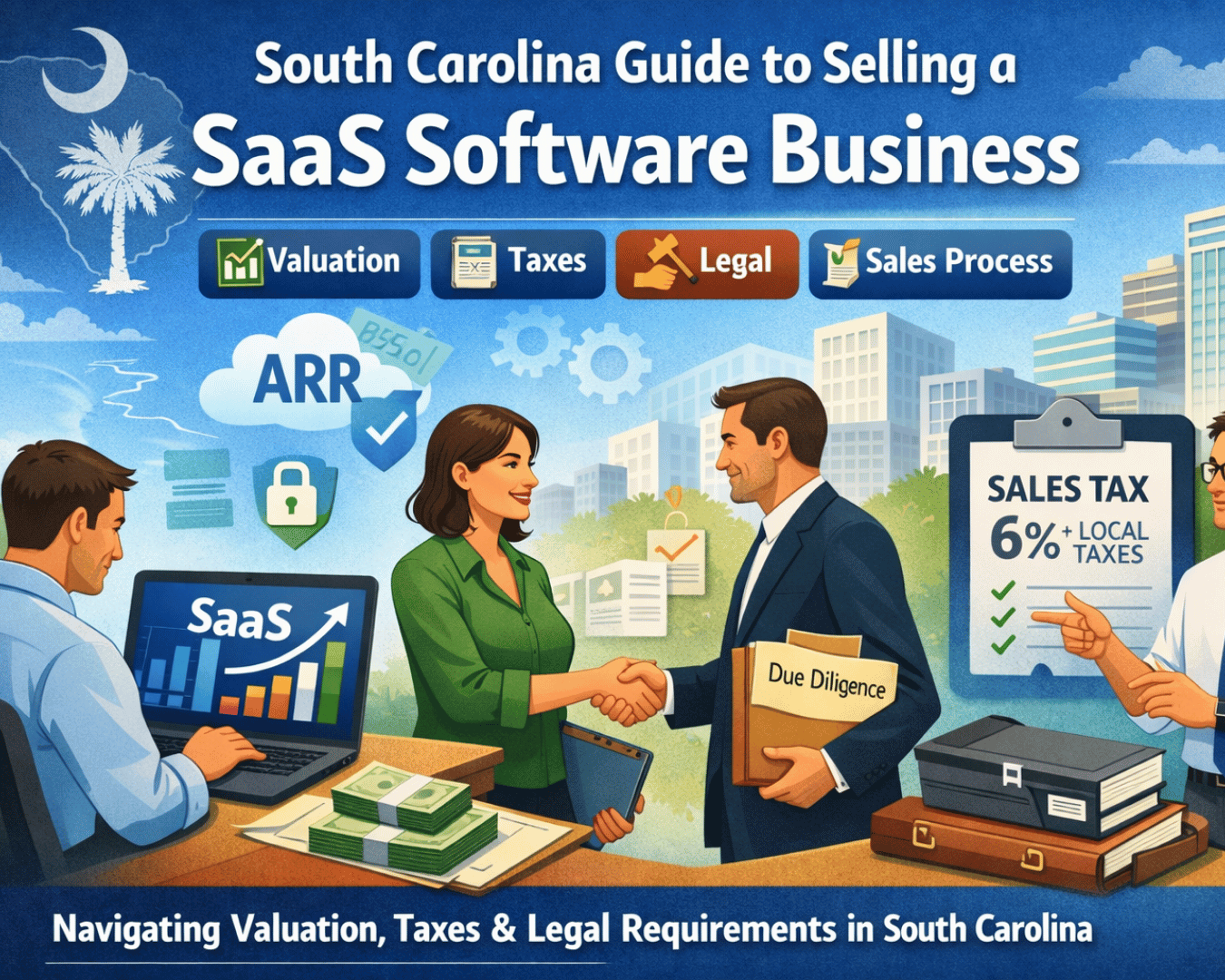







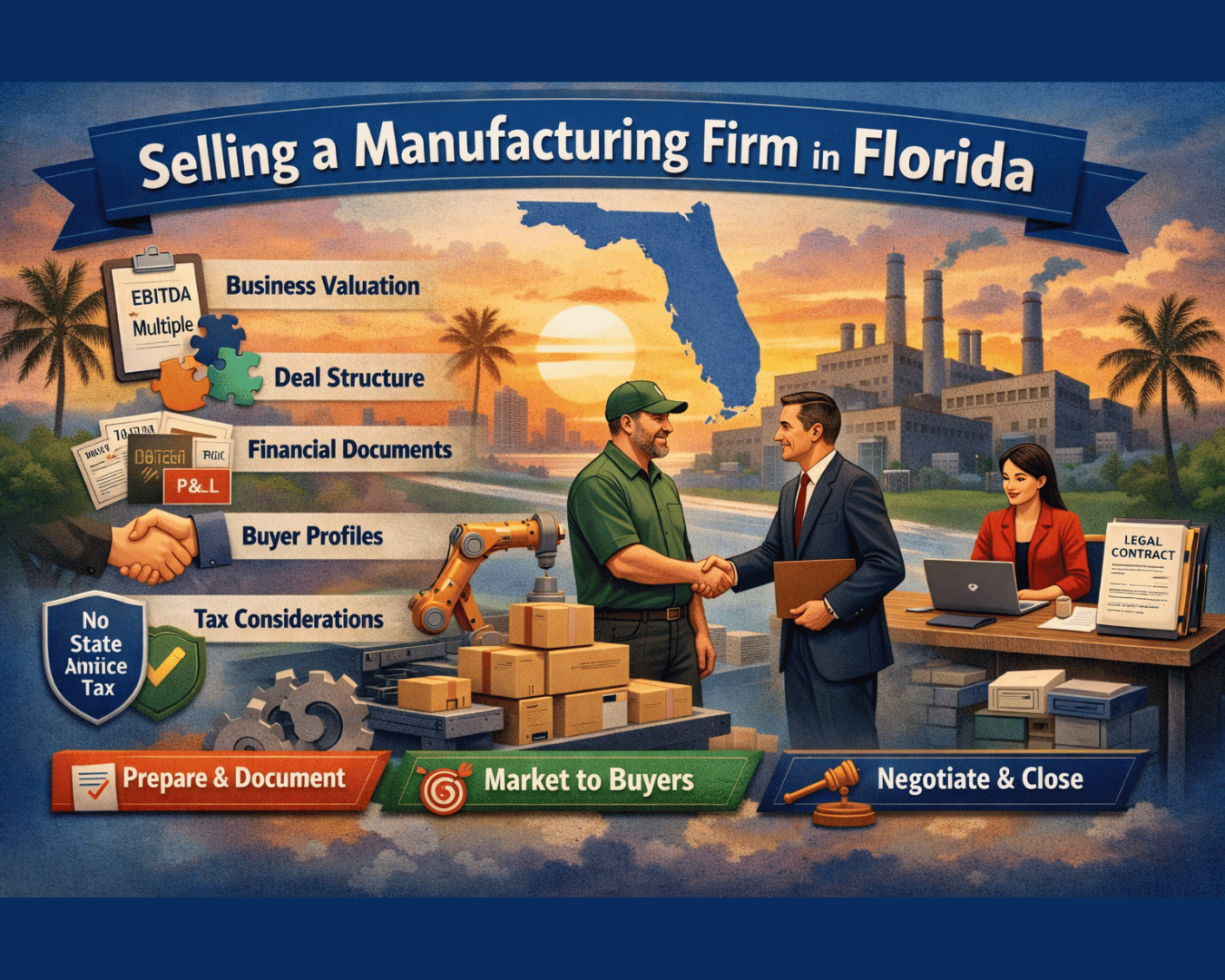
%20in%20a%20%2420M%20Sale..png)
%20vs.%20Conventional%20Loans%20for%20business%20acquisition.png)








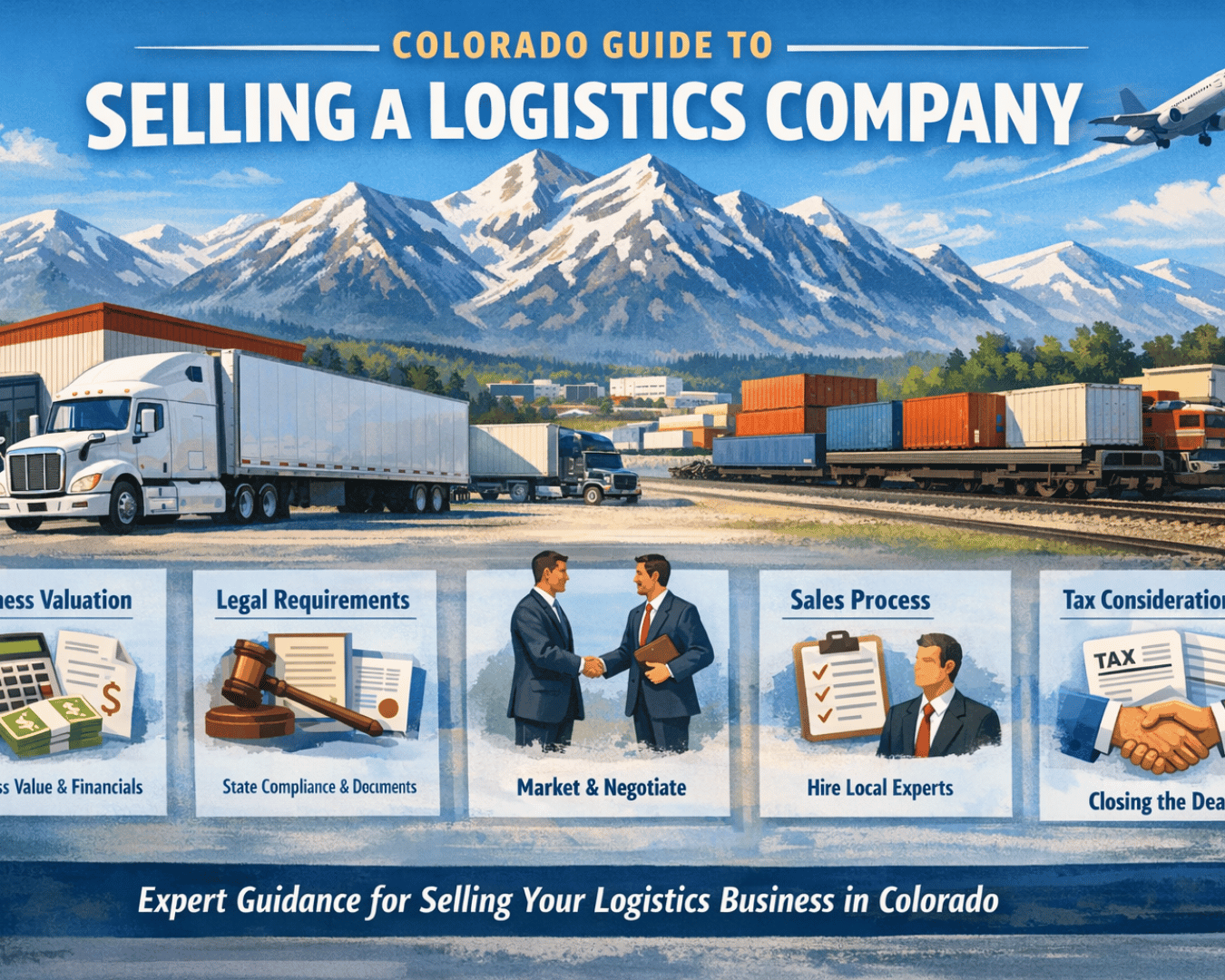













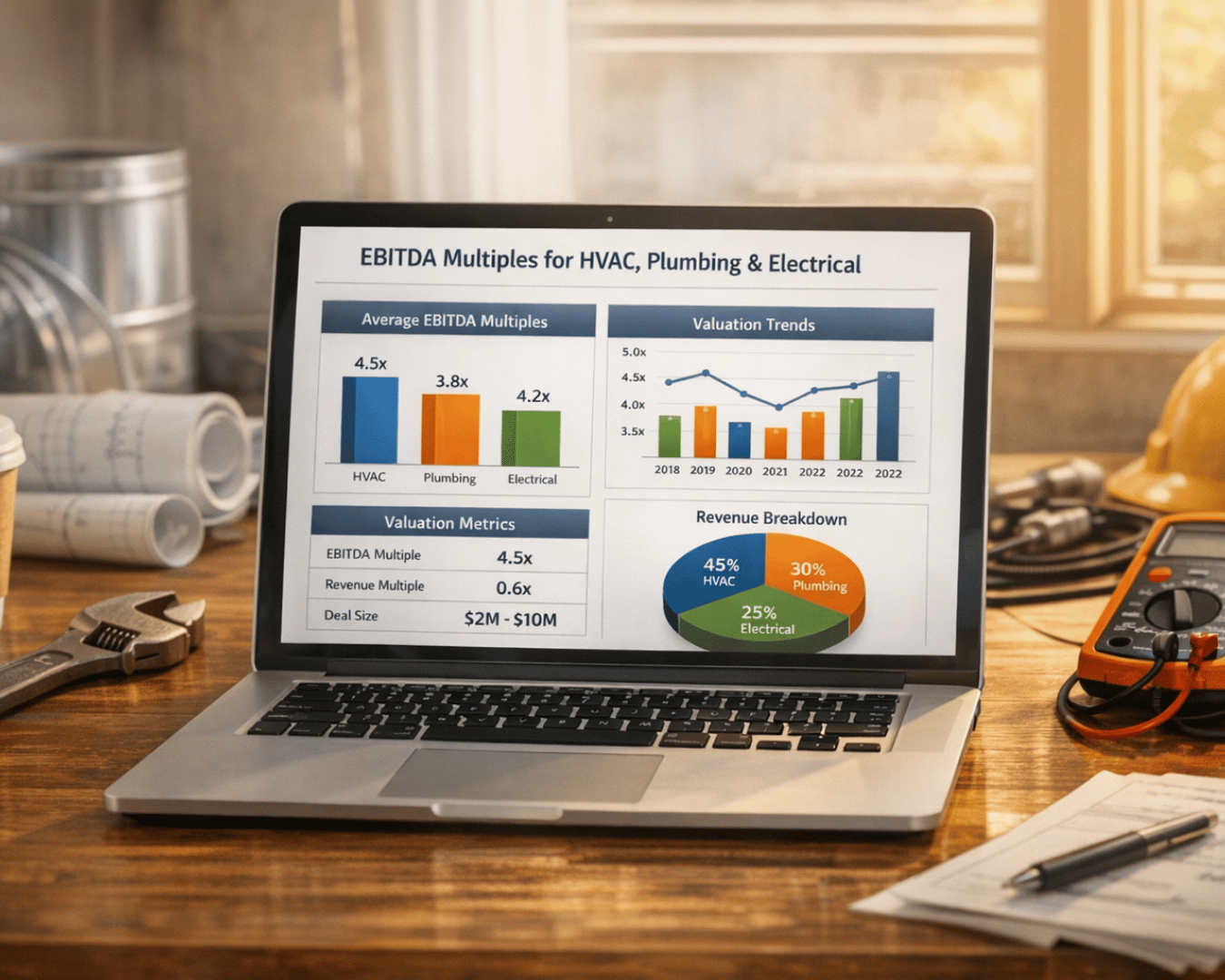
.png)


.png)
.png)

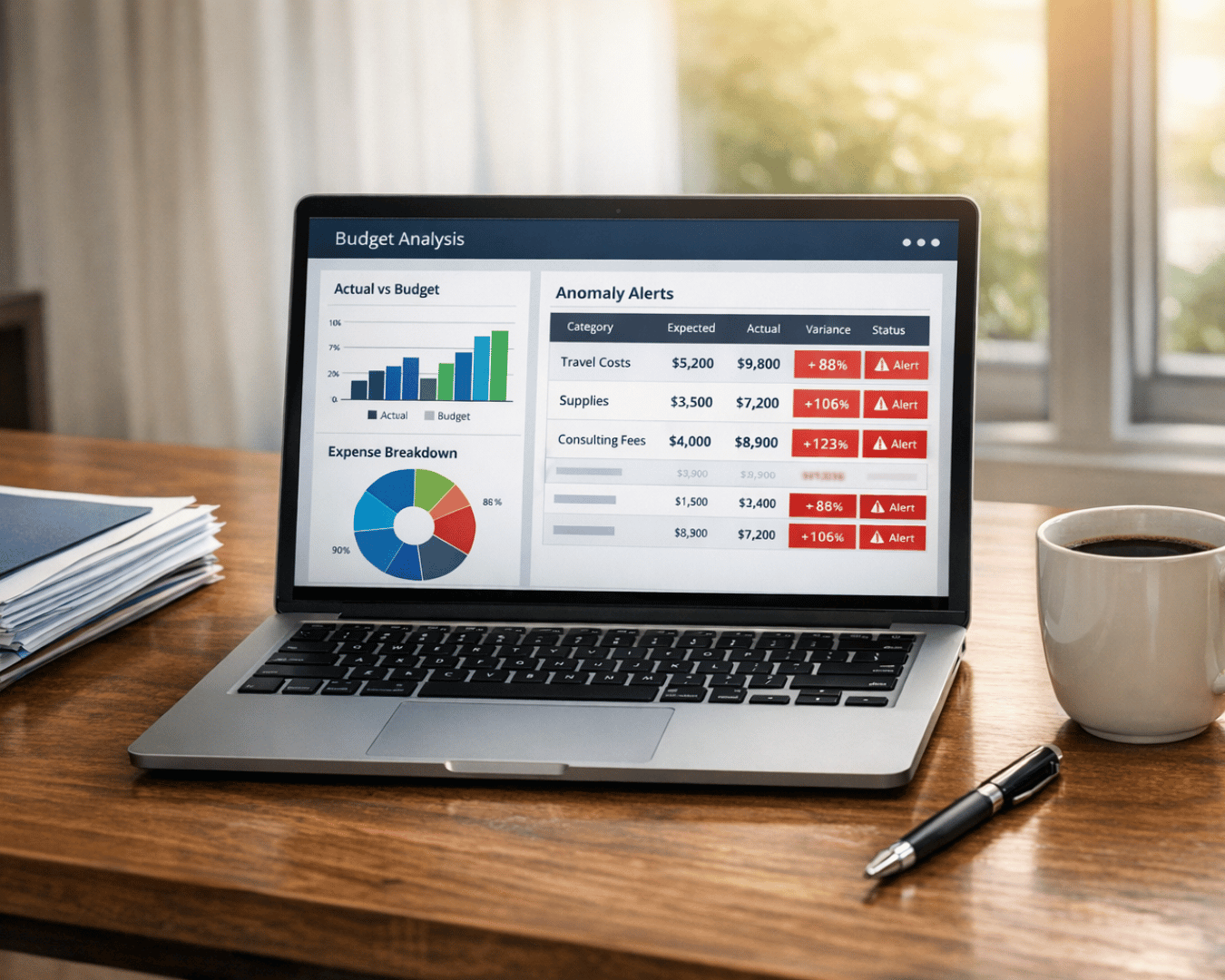










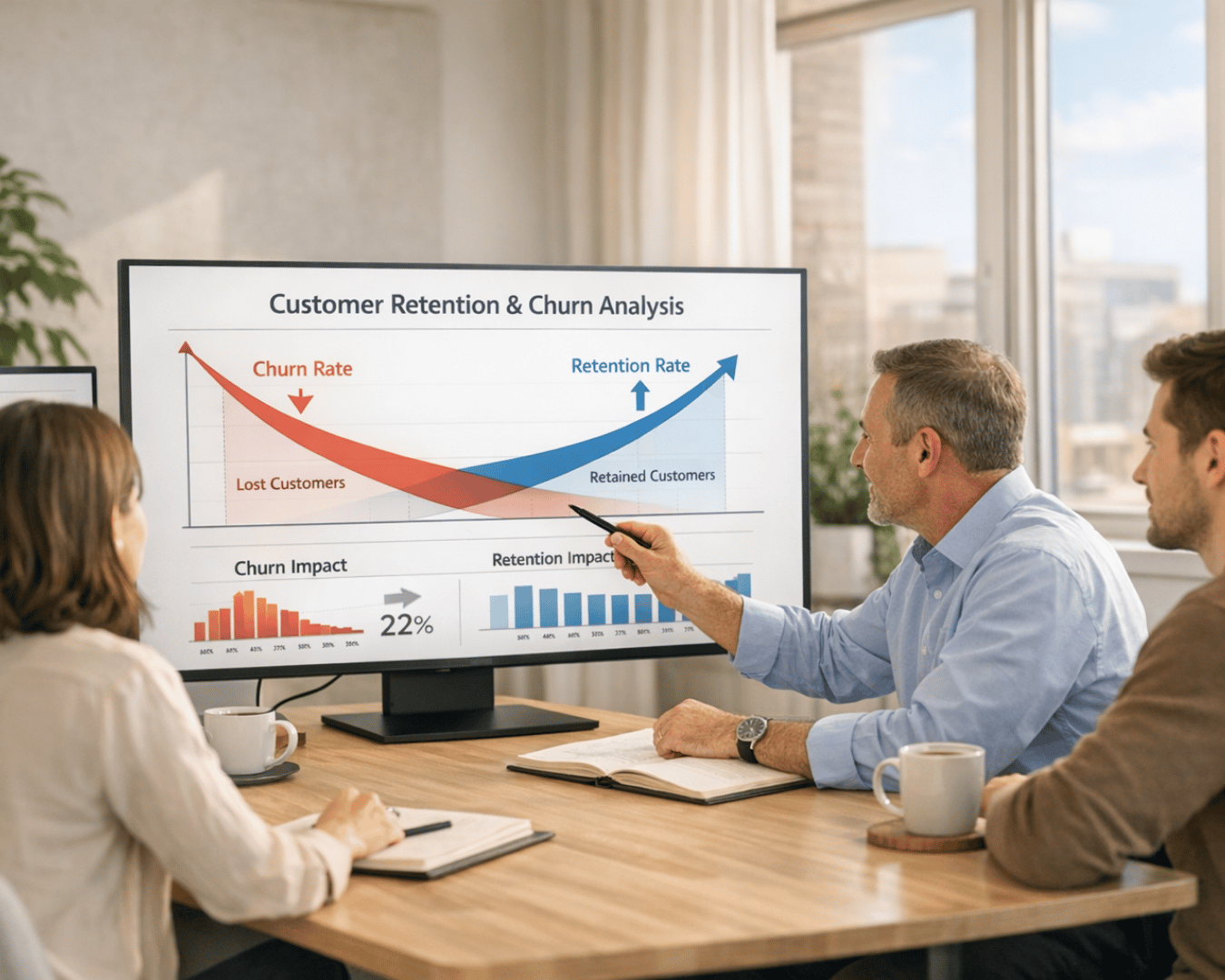
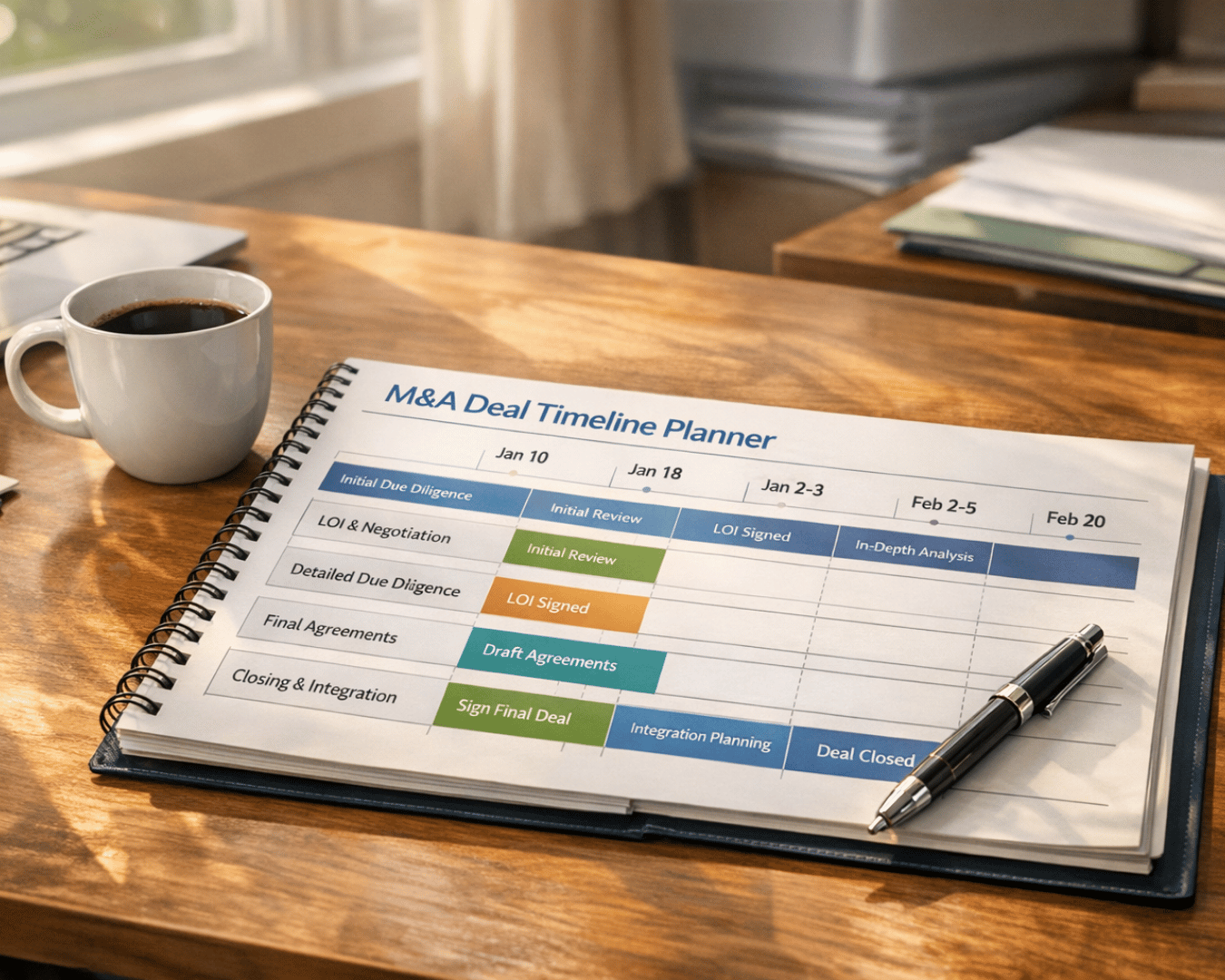











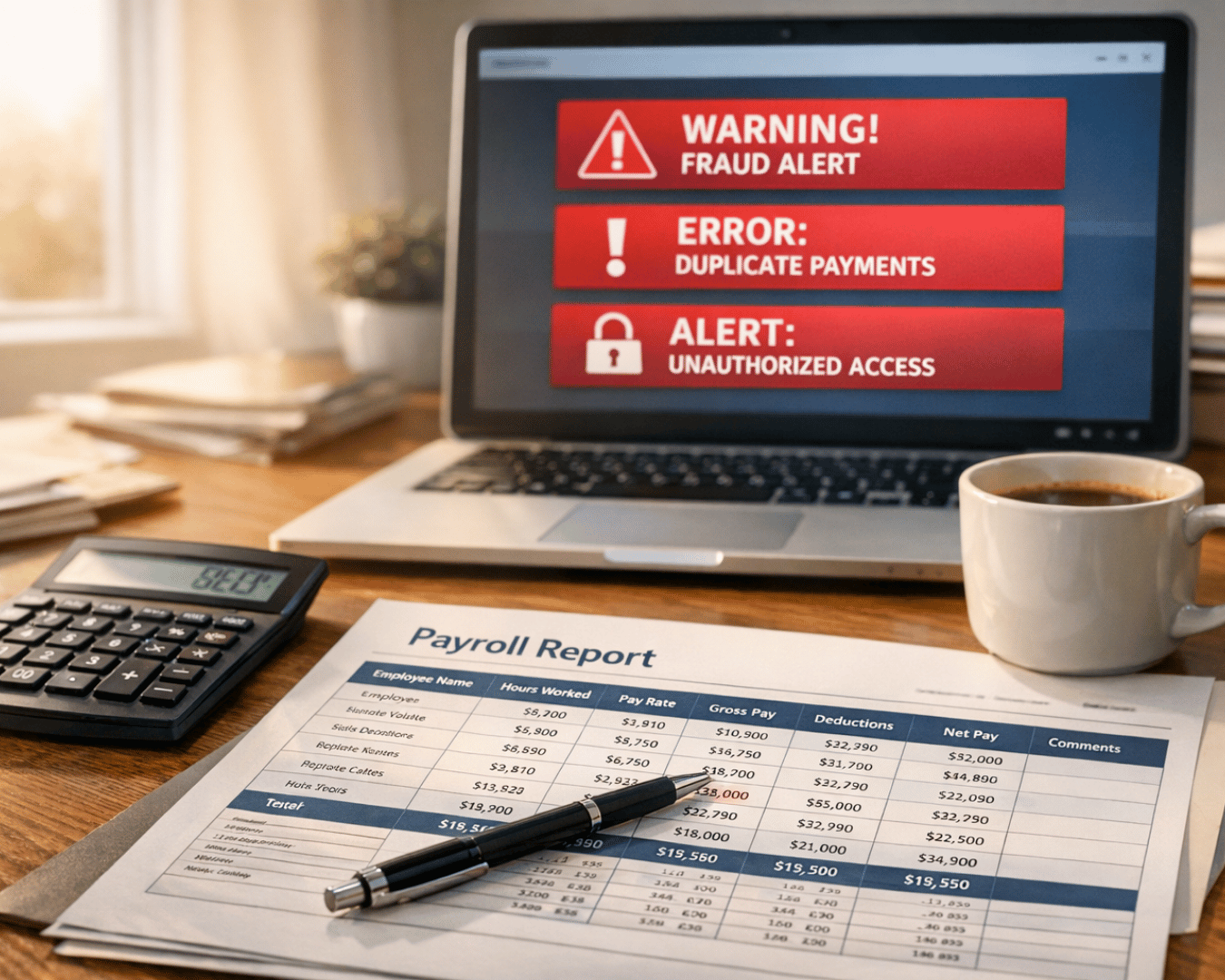






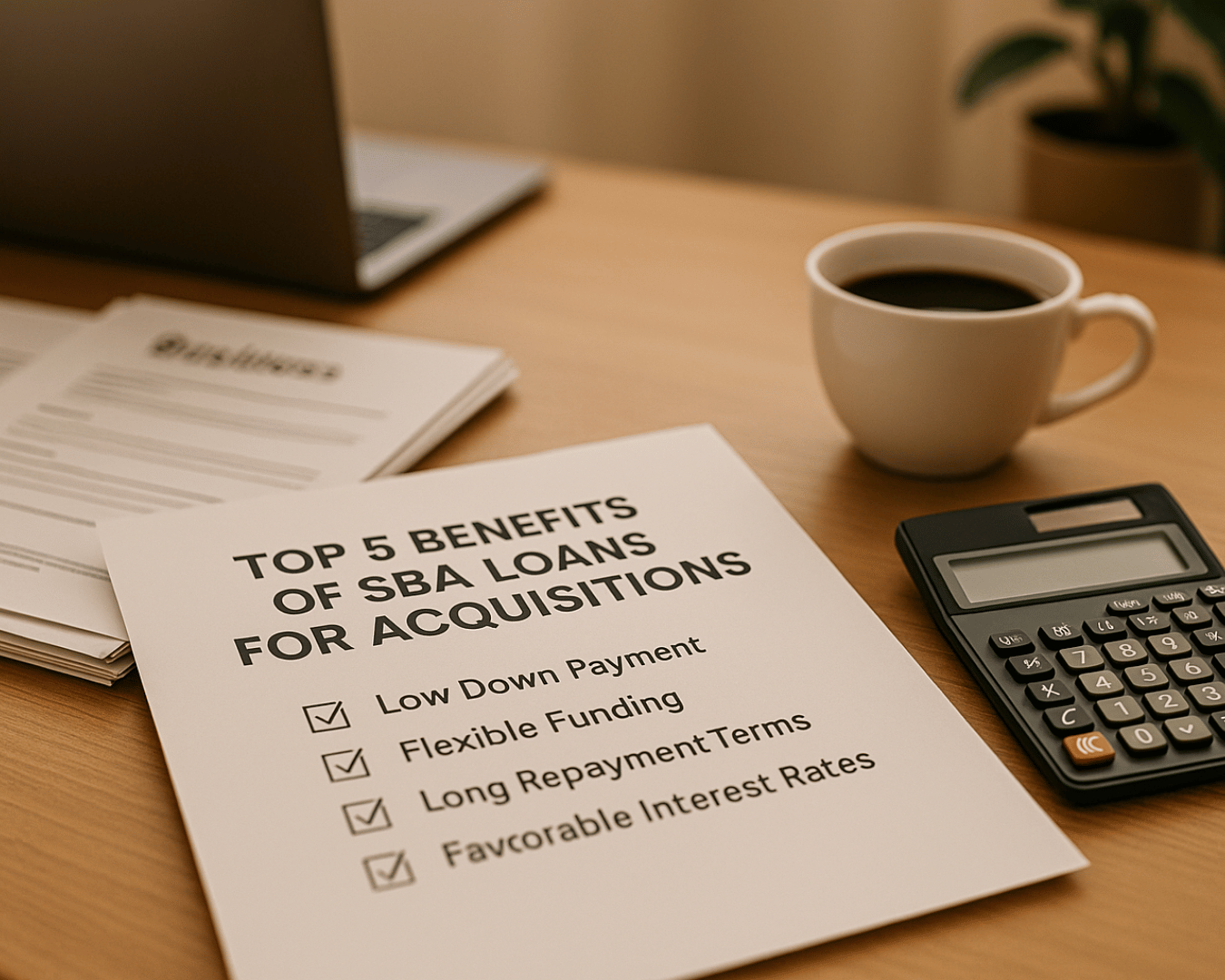

.png)


















